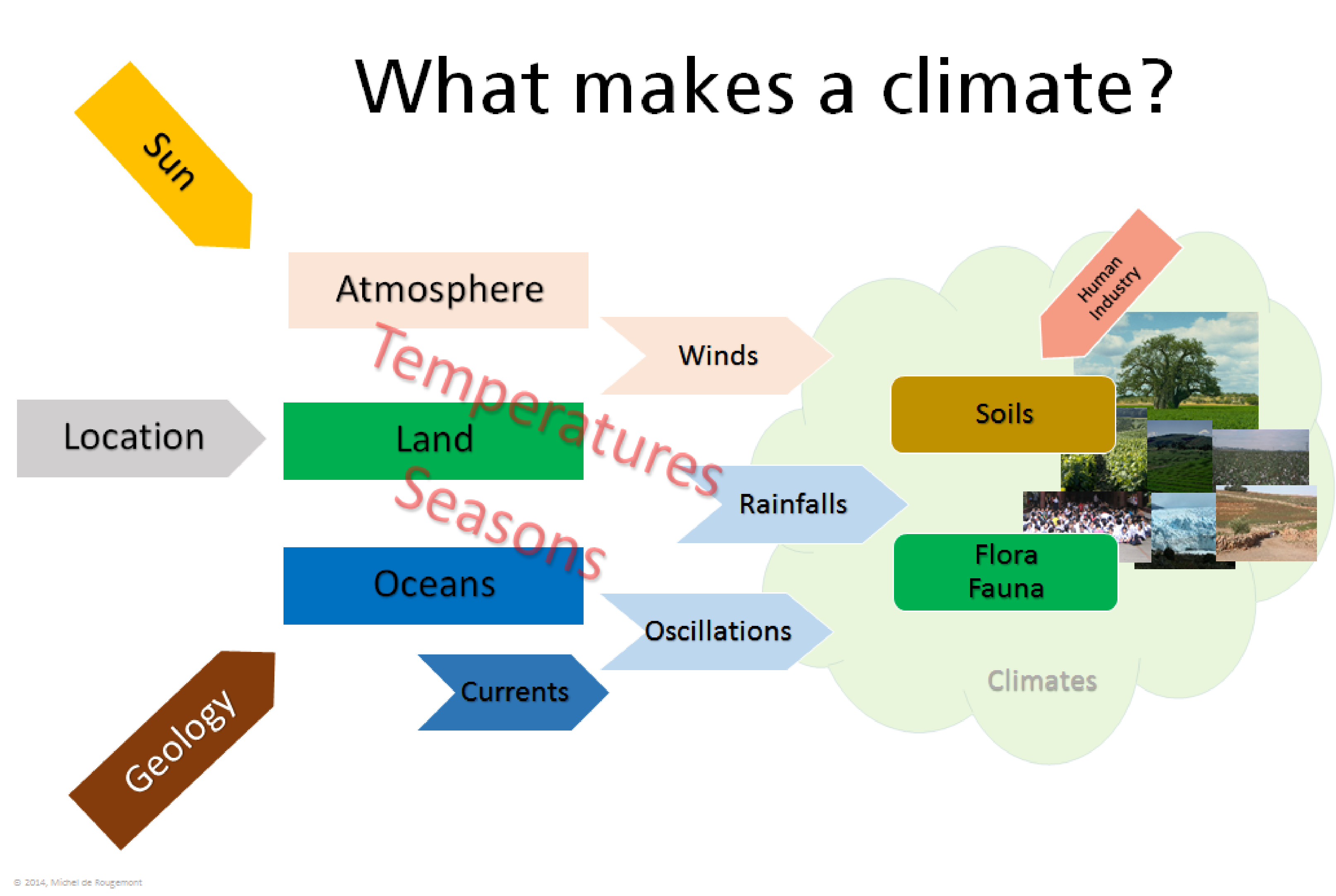Various capabilities and skills are required to study the climate. No one can pretend possessing all of them.
Observations are the first necessary elements.
Halas, reliable data is not available since more than a few decades; and only a few span over a couple of centuries at most.
This is a very thin basis to verify any therory about climate evolution.
Known underlying physical phenomena involve heat and mass transfer, as well as electromagnetic radiations.
A general knowledge and understanding of them is required if one does not want to be captive of biased expert opinions.
The climate systems are highly complex, dynamic, chaotic, and non-linear.
No exact equation system will ever be capable of describing them in a deterministic way, even with the most powerful computing equipment.
This is why, by correlation analysis and by using simplified models, attempts are made to simulate the climates.
So far, static models based on energy balance provide orders of magnitude, and dynamic circulation models are still seeking validity by hindcasting actual observations.
An approximation of present and possible future situations is provided in a technical summary.



